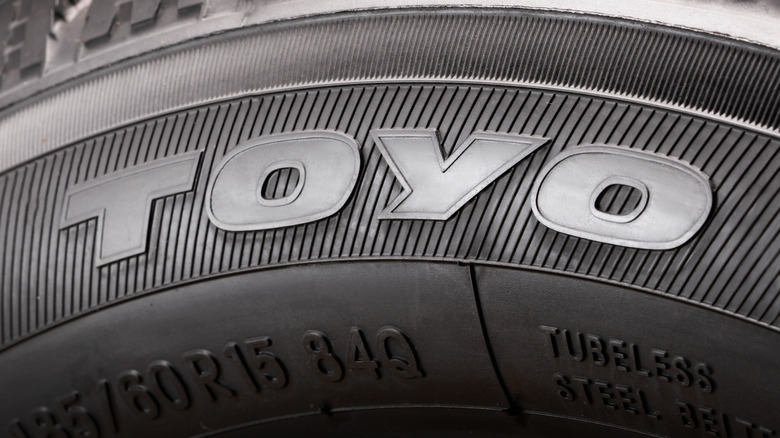Toyo Tire USA Corp., commonly known as Toyo Tires, has been a prominent name in the tire industry for nearly six decades. Headquartered in Costa Mesa, California, the company was established in 1966 as Toyo Tire Corporation’s U.S. marketing and sales subsidiary. Though this marked the Japanese brand’s entry into the U.S. market, it took nearly four decades before it built its first — and still only — North American manufacturing plant in Bartow County, Georgia, in 2004.
Advertisement
Toyo Tires operates as part of the larger Toyo Tire Corporation, a self-owned company headquartered in Itami City, Japan. It oversees a global network spanning the Americas, Europe, Asia, and other regions. The company started as Toyo Rubber Industrial in 1945. It used to manufacture tires for the Japanese market only. However, the establishment of its first R&D laboratories in 1961 paved the way for it to develop new tire technologies and expand its reach, with the U.S. becoming its first overseas venture.
Over the years, Toyo strengthened its global footprint while building a strong reputation for delivering high-quality, durable tires that cater to a wide range of consumers, from racing enthusiasts to everyday drivers. In the U.S., the company was able to grow its market presence despite competing with industry giants like Michelin, Bridgestone, and Goodyear. It has become a major player in the global industry, with its net sales reaching $3.6 billion in 2023 thanks to growth in North American. Amid its success, questions linger about who owns Toyo Tires.
Advertisement
How Toyo Tires operates under its parent company
Despite being based in Japan, Toyo Tire Corporation operates internationally through several subsidiaries, including Toyo Tire Holdings of Americas Inc. — its wholly owned North American offshoot headquartered in Cypress, California. Toyo Tire Holdings manages Toyo Tire USA Corp., and oversees the manufacturing, import, sales, and distribution of Toyo and Nitto tires in the U.S. and Canada. Nitto Tire is another Japanese brand that entered a business partnership with Toyo Tire in 1979, then was spun off in 2005.
Advertisement
As a wholly owned subsidiary, Toyo Tire Holdings is 100% owned by its Japanese parent company, which is publicly traded Among the biggest shareholders of Toyo Tire Corporation are Mitsubishi, which increased its shares from 3.05% to 20% in 2018; Asset Management One (3.83%); Bridgestone (3.24%); Orbis Investment (1.90%); and Toyota (1.54%).
While a parent company has the authority to guide how a subsidiary operates, the subsidiary can act independently as a separate legal entity. In the case of Toyo Tires, the U.S. subsidiary formerly operated under Toyo Tire Corp.’s directives. It was only in 2012 that a global reorganization granted Toyo Tire Holdings more independence to develop its own products.
Advertisement
Toyo Tires’ then-president, James L. Hawk, told Rubber News that the previous setup had been inefficient “because we had Canada, U.S. and Mexican sales operations independently report back to Japan. So we consolidated all that under a North America business unit.”
Toyo’s manufacturing facilities for its global operations
Toyo runs manufacturing facilities in Japan, the U.S., China, Malaysia, and Serbia to meet the needs of customers in different regions. For North America, Toyo manufactures a significant portion of its products at its Georgia plant, in the town of White. This factory also produces tires for sale in Canada.
Advertisement
Since North America is a big market for Toyo, it imports more tires from two of its overseas manufacturing plants. One of them is the Perak facility in Malaysia, completed in 2013. The other is in Indjija, Serbia, opened in 2022.
Toyo’s U.S. plant manufactures Open Country all-terrain and off-road series for SUVs, light trucks, and vans. It also produces all-weather Celsius tires, the sports car and racing Proxes series, and all other Toyo tire models available in the U.S. The Malaysian facility makes Proxes and Open Country tires, while the Serbian plant manufactures Proxes, Celsius, and Open Country.








